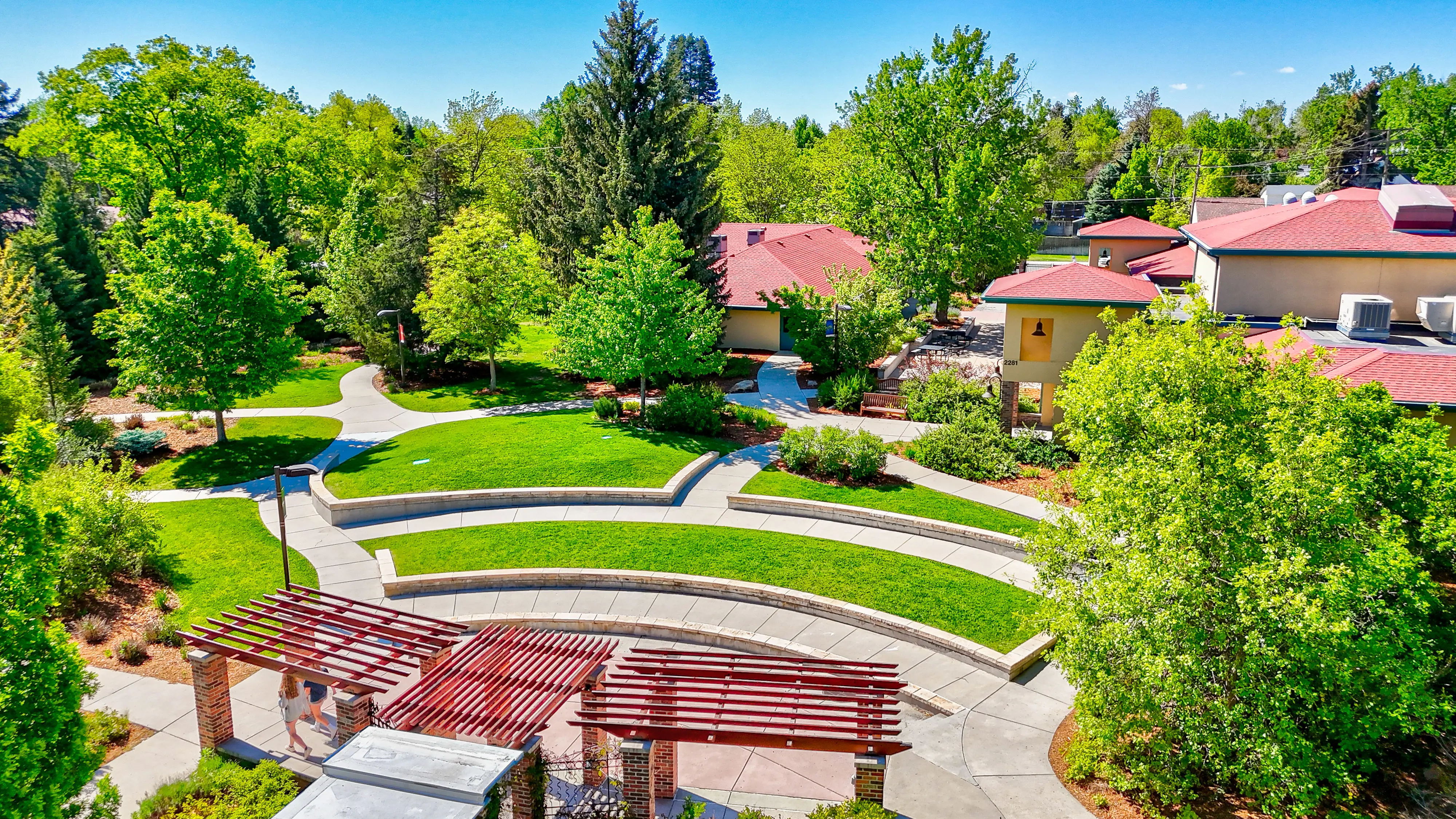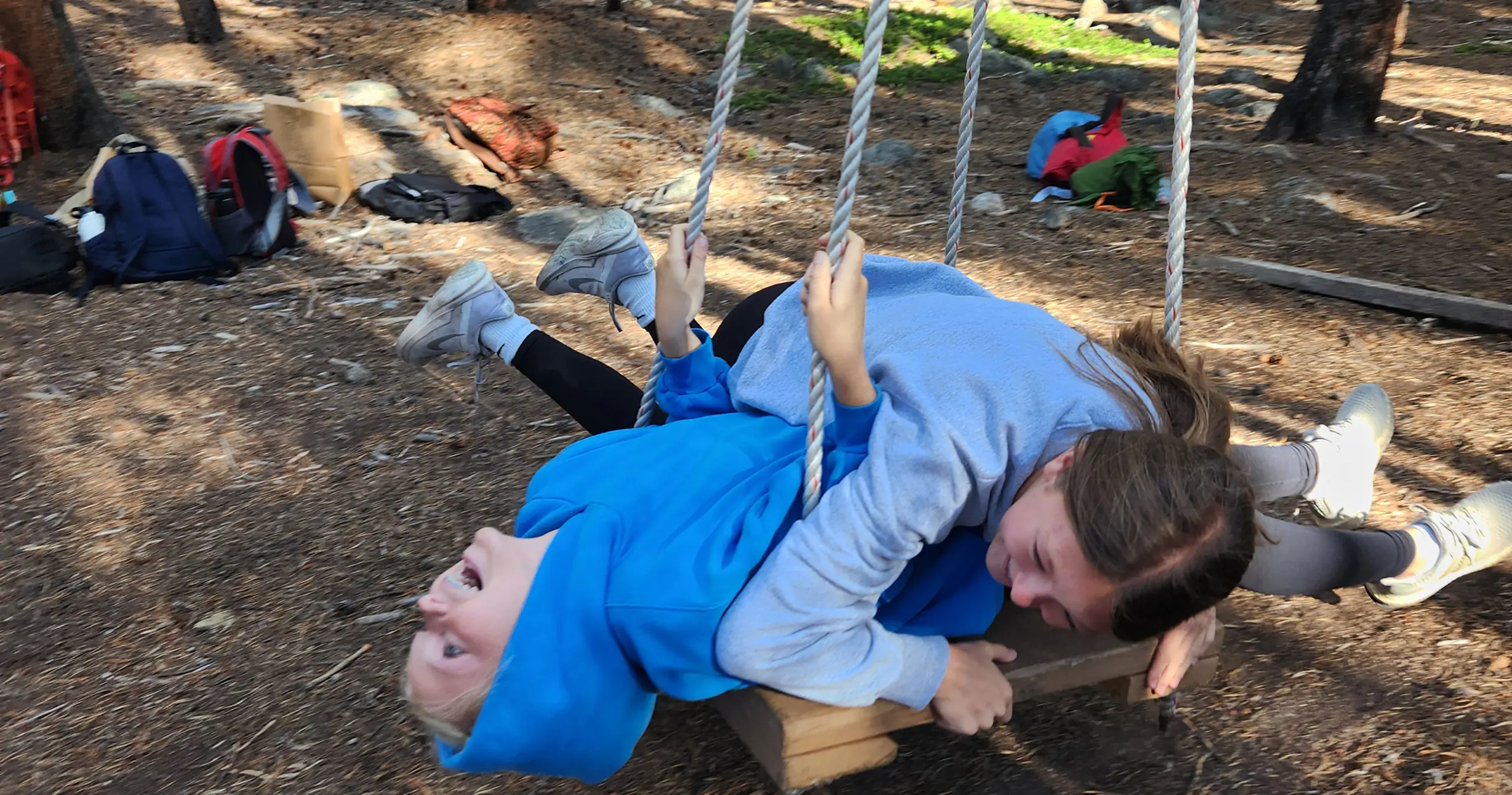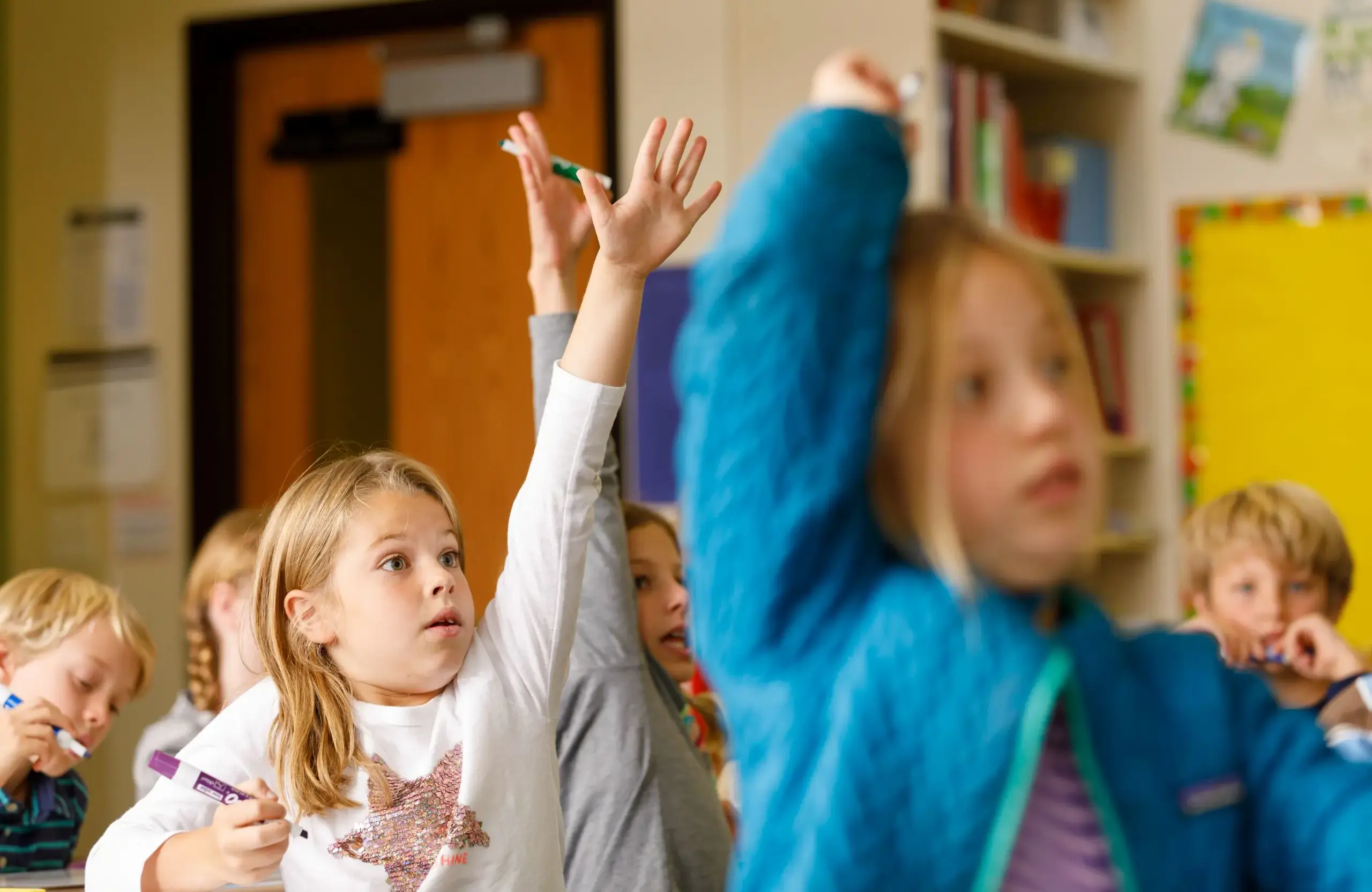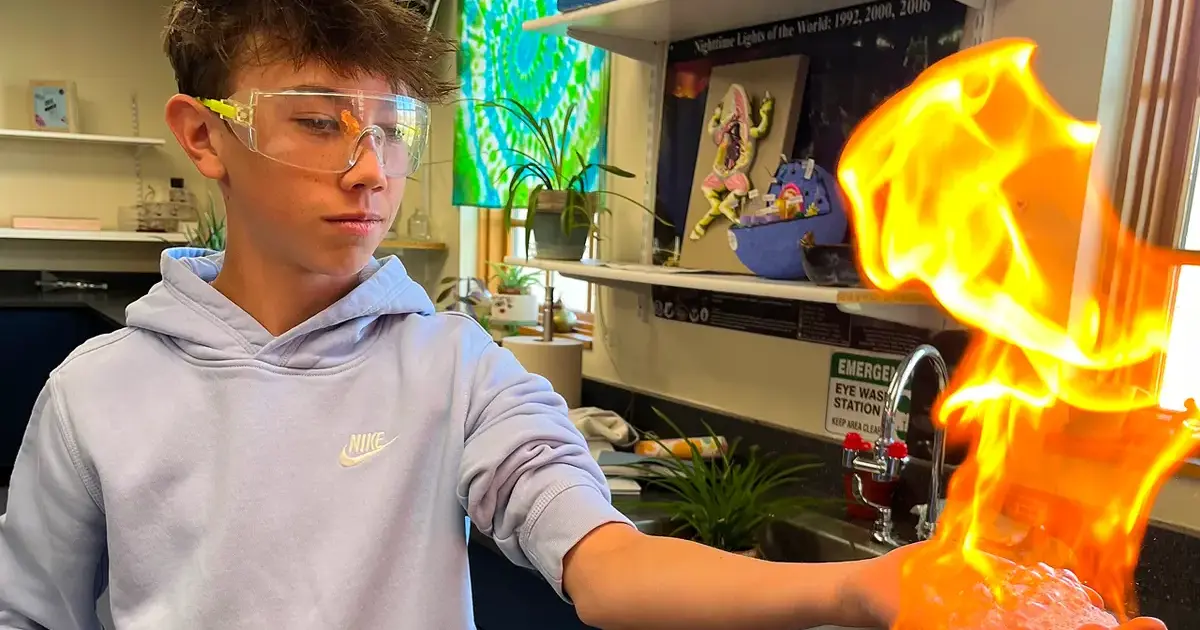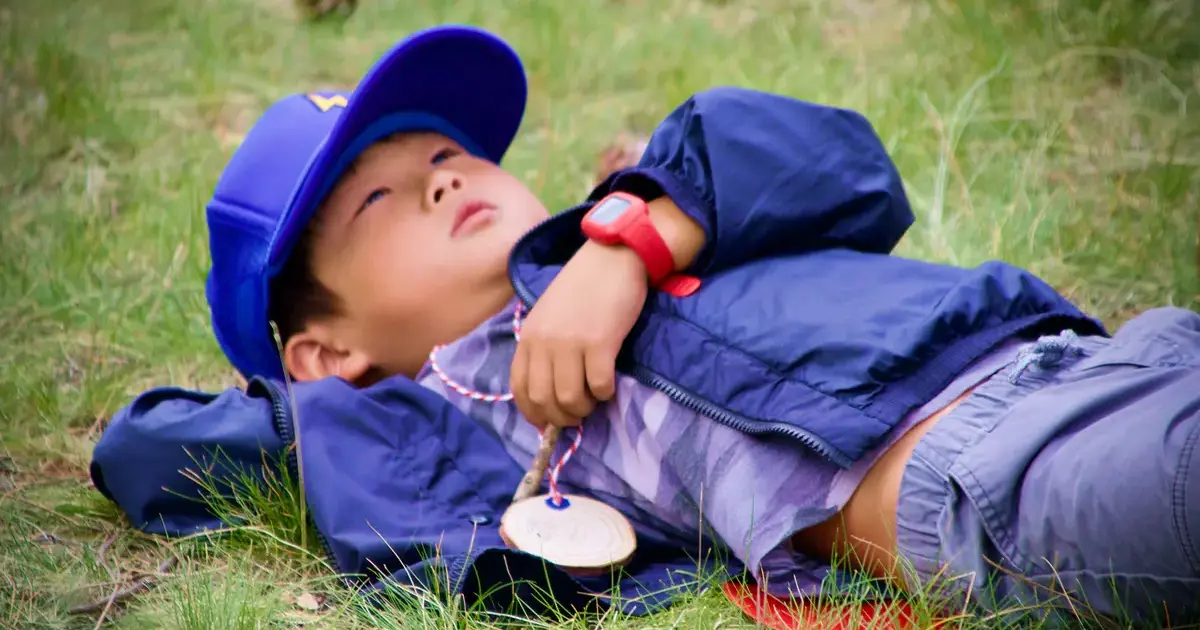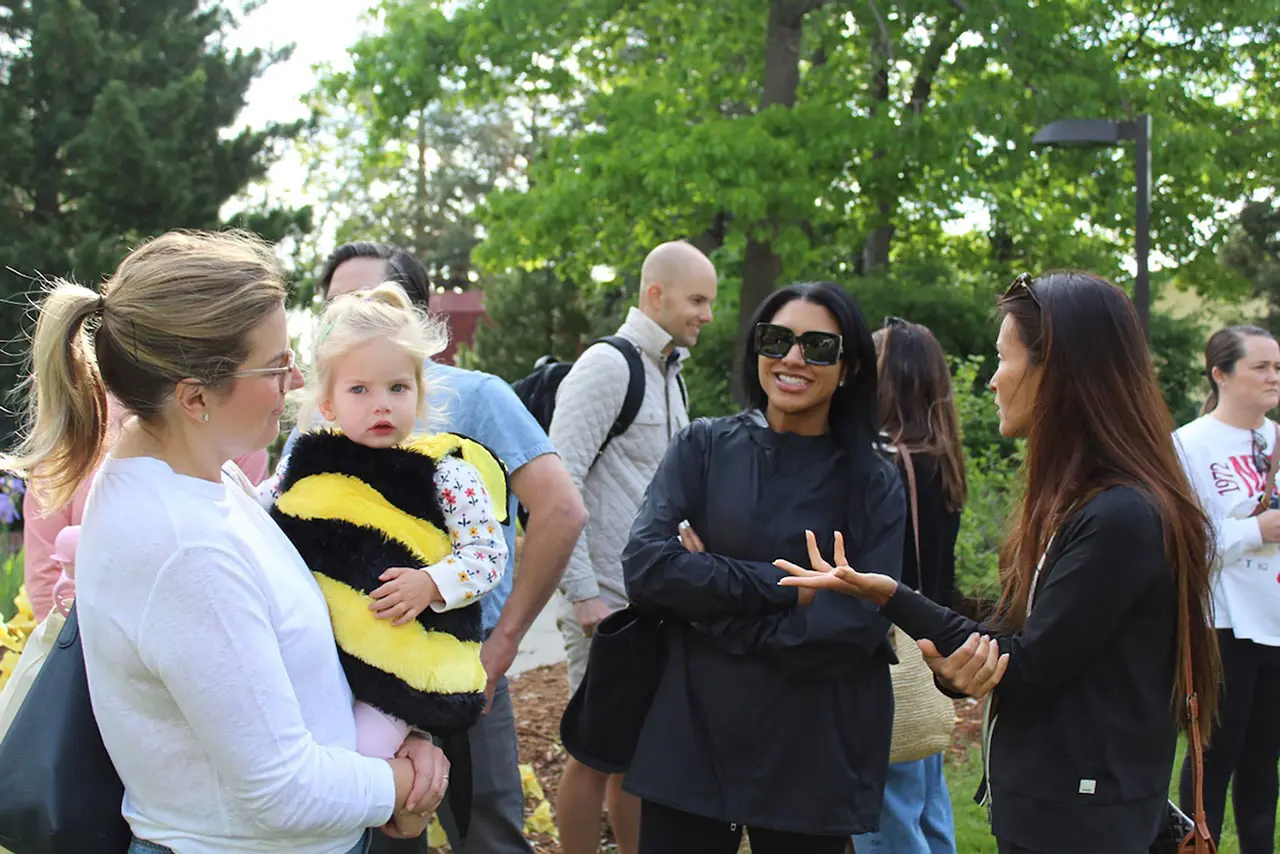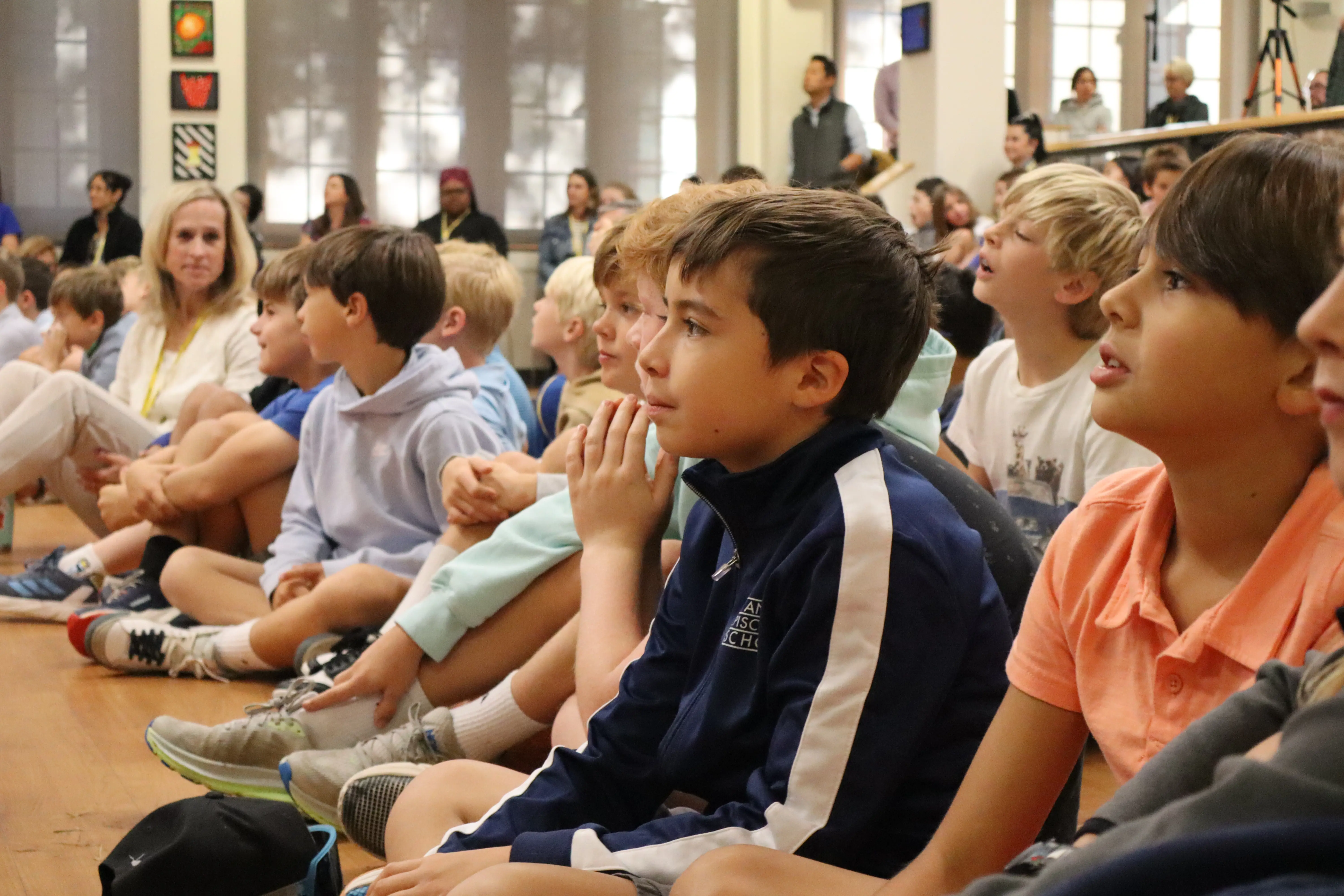Pre K Overview
Our pre-kindergarten curriculum provides an immersive educational journey tailored for four- to five-year-old learners. This experience encourages self-expression, fosters letter and number acquisition, promotes scientific exploration, nurtures musical aptitude, supports physical development, and instills an appreciation for diverse cultures and beliefs.
The pre-kindergarten curriculum includes instruction in:
- Spanish
- Science
- Music
- Physical Education
- Library
- Religion
- Outdoor Education
Through structured and open-ended play experiences, children develop critical thinking, problem-solving skills, and social competencies such as cooperation and communication. Social-emotional learning is embedded throughout, promoting positive relationships, self-awareness, and empathy.
Our inclusive and supportive environment celebrates each child's uniqueness, fostering a love for learning and laying a strong foundation for success in kindergarten and beyond.
| Writing |
|---|
| Pre-K writing builds a strong foundation for early literacy and provides developmentally appropriate instruction for early learners, ages four to five. Pre-K combines cross-curricular activities, the early-literacy curriculum, and daily handwriting practice to prepare students for Kindergarten. |
| Emergent Reading |
| Pre-K emergent reading combines letter identification, letter-sound association, and contextual clues to develop pre-reading and comprehension skills. |
| Word Study |
The Pre-K math program aims to introduce students to numbers 0–20. Key learning objectives include:
Understanding measurement concepts such as:
Analyzing simple data using:
|
| Math |
|
Throughout the year, preschoolers are introduced to a variety of math concepts. Students learn to:
|
| Science Overview |
| Pre-K science focuses on developing children’s natural curiosity about the world around them, enhances their problem-solving skills, and encourages them to explore and discover new things. |
| Social Studies |
The Pre-K social studies program focuses on fostering social-emotional well-being for every child by:
Using teacher guidance and peer interaction to develop:
|
| Pre-K Music |
| The Pre-K music curriculum is designed to develop and strengthen each child’s ability to sing, dance, and play rhythm instruments with their classmates. Skills taught during music class include steady beat, matching pitch vocally, and moving and responding to music. |
| Spanish |
| The Pre-K Spanish program engages students in play-based and exploratory activities that promote language acquisition through hands-on experiences, music, movement, stories, and art with increased opportunities for creative movement, collaborative play, and self-directed efforts. |
| PE |
| The Pre-K PE program focuses on movement concepts and skills, understanding basic health-related and skill-related components of fitness, and how these relate to personal fitness, demonstrating respect, and the ability to follow directions. |
| Library |
| Our early education library curriculum involves fostering a love for books, storytelling, and early literacy skills. Activities, story times, and books are tailored based on students’ interests, development, and feedback. The librarian collaborates with teachers and provides library materials for units of study to ensure a holistic approach to early literacy development. |
| Religion (Preschool–Kindergarten) |
|
Introduction to the Bible, Church Calendar, Chapel, and World Religions In the first three years at St. Anne’s, students begin to develop awareness of the Bible as a special book that contains important stories about God, people, character, miracles, and mystery. Relying on Godly Play, storytelling, and exposure to imagery, objects, and sacred spaces, young learners visit and revisit major narratives and characters of the Hebrew Bible. In the seasons of Christmas and Easter, students learn the story of Jesus of Nazareth and his ministry. We respectfully use other celebrations in world religions as an entry point into learning about them. All faiths are approached with reverence, and while we often turn to mindfulness and prayer to learn the rhythms of gratitude and care, no one way of practice is elevated above others and always remains invitational. |
| Outdoor Education |
|
Pre-K students will expand their outdoor education adventure by adventuring into and investigating the outdoors and natural spaces around them, beyond the outdoor classroom space. Students will be encouraged to explore new things, step out of their comfort zone, and find an appreciation for other people's interests beyond their own. Exploration will be done through the lens of “Everyone is a scientist!” with different topics |


